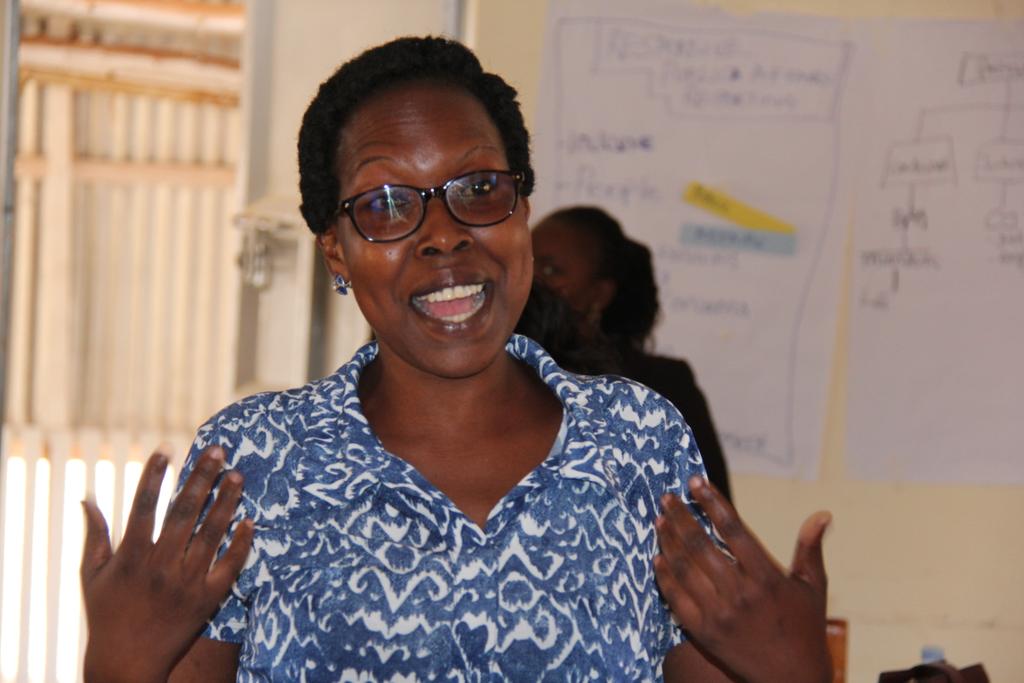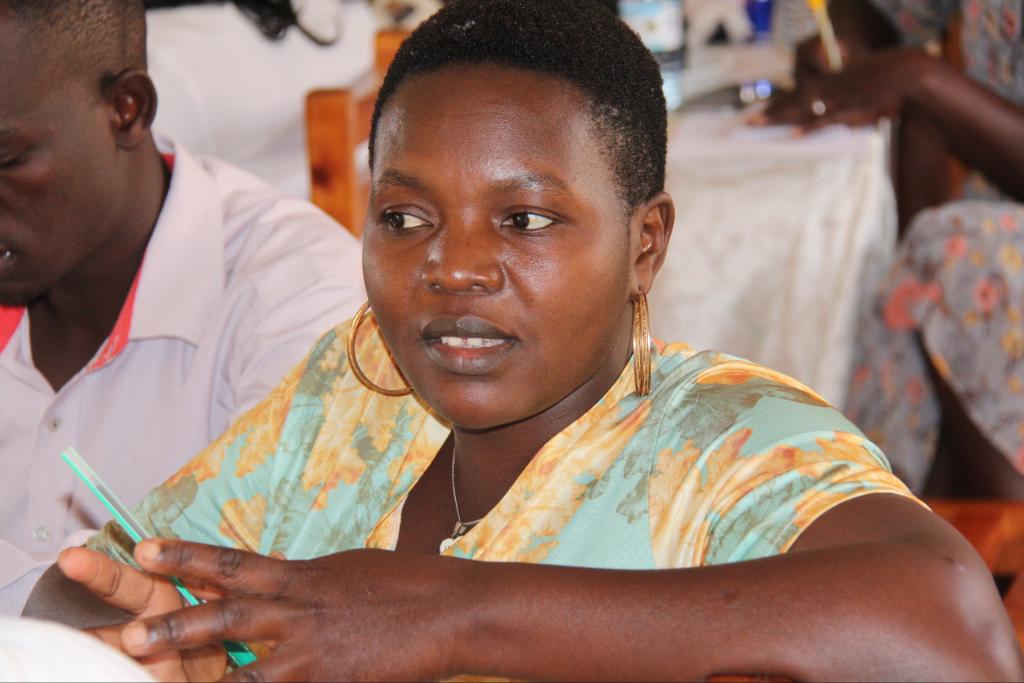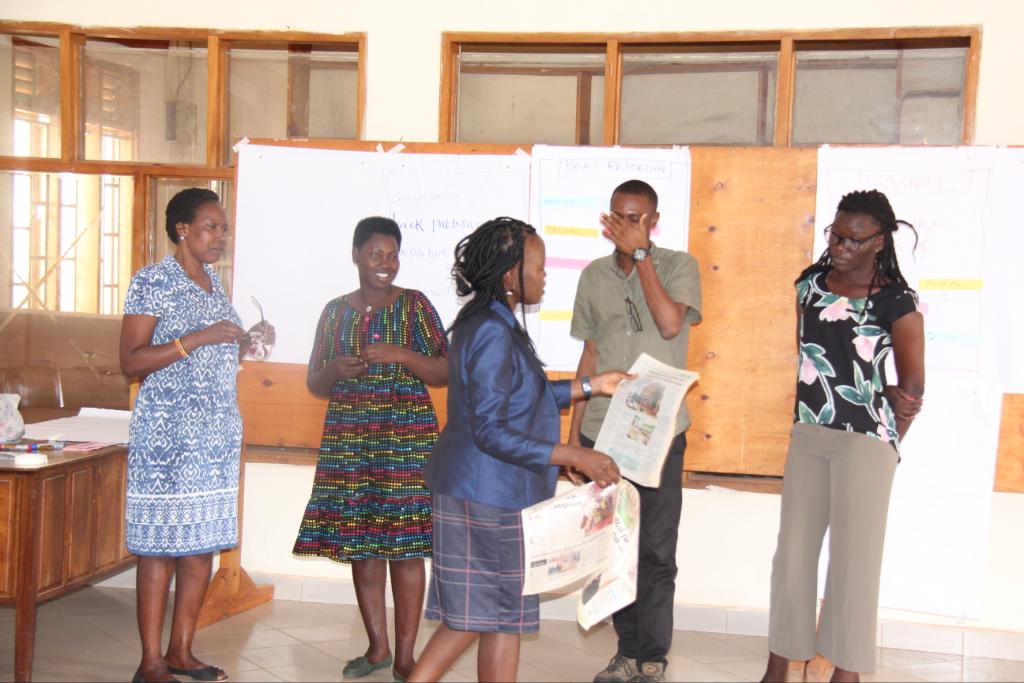
 Mama FM
Mama FM

 Mama FM
Mama FM
12 March 2025, 11:06 pm
By Byamukama Alozious
The Uganda Media Women’s Association (UMWA) has concluded a two-day training for journalists on Responsive Public Affairs reporting with day two focusing on beat reporting, ethics, and access to information.
Joyce Adokorach, a journalist from Speak FM in Gulu, found the training particularly insightful, emphasising the significance of public affairs reporting in tackling community concerns and demanding accountability from authorities. “This training has been great, and I’ve learned a lot about public affairs issues that concern us, the community, the government, and the people,” she said.

Jan Ajwang, trainer from Media Focus on Africa, emphasised the importance of beat reporting in getting deeper information and building relationships with sources. “Beats help to get deeper information, rapport with the sources, make research, all before moving for the field work,” she said.
Ajwang presented various beats, including housing, business, prisons, police, environment, policy, fires, health, roads, council meetings, and local politics. She cautioned journalists to verify information to stay within journalistic and national laws, advising them to use both formal and informal methods to gather information from sources while respecting individuals’ privacy and dignity.
“Formalise your requests, but also be open to informal conversations with sources,” Ajwang said. “Anyone can make news. I know of a media house which only invites professors, but even ordinary members of communities can have a say on topics.” She encouraged journalists to take initiative and seek out diverse sources.
Ajwang also emphasised the importance of respecting individuals’ privacy, particularly in cases involving sensitive or personal information. She reminded journalists to prioritise ethical reporting practices and obtain informed consent from sources when necessary.
Furthermore, Ajwang stressed the importance of local stories and community involvement. She advised journalists to engage in dialogue with the community, conduct audience research, and understand the role of media in bringing all voices to the forefront.

Patricia Alany, a broadcaster from 94.3 QFM in Lira district, emphasised the importance of accountability from stakeholders. “I have learned new skills and ways of reporting, including using facts and figures to hold stakeholders accountable,” she said.
Through group discussions, journalists were reminded to know their rights to drive the agenda on informed views. The project seeks to amplify marginalised voices, especially women, on public affairs reporting.
Catherine Apalat, Project Coordinator for Women in News, announced that ten female journalists will receive grants to produce investigative stories, supporting in-depth reporting on critical issues affecting communities.
She said the training has empowered journalist with analytical skills, investigative techniques, and the importance of including all voices and holding leaders accountable.